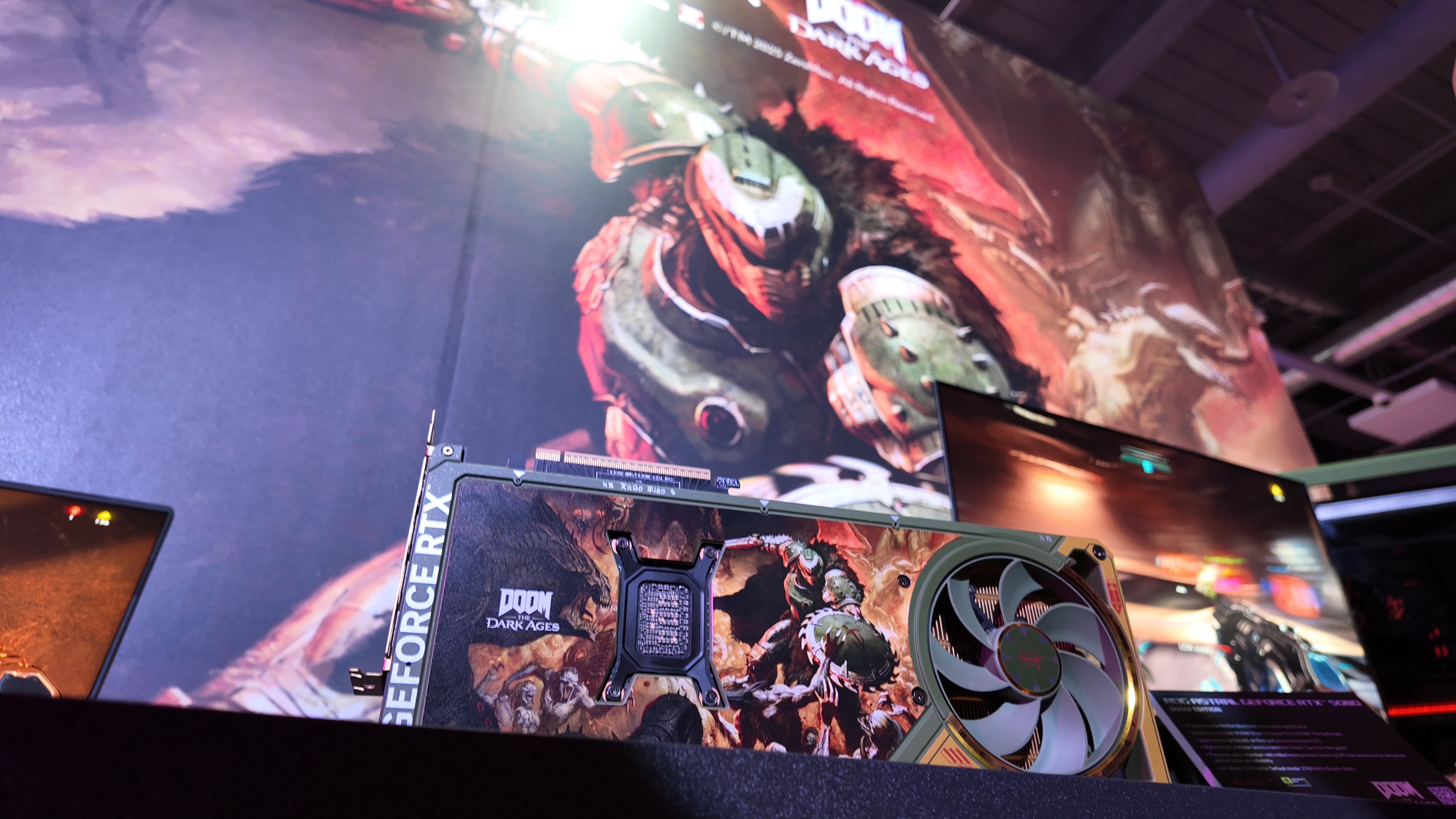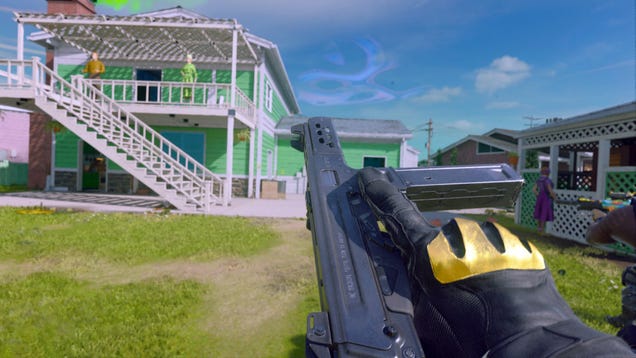
Arcane Season 2 Act III Review
This is a review of the final three episodes of Arcane, which are now streaming on Netflix.
The third act of Arcane season 2 makes one thing abundantly clear: This was never supposed to be the final season, but rather the second chapter in a multi-year, multi-season saga that would have seen Piltover drastically change over time. Instead, the final three episodes of this animated League of Legends spin-off end up feeling like a deflated conclusion. They’re a dish made with choice ingredients and uncommon flair, but one that’s undercooked and whisked from the table before we can even swallow our first bite.
It’s not just that act III is rushed. It retroactively makes the entire second season feel lacking, because what’s set up in previous episodes is either ignored or ends up amounting to very little. Granted, these are still edge-of-your-seat, exhilarating episodes – eye-catching spectacles populated by memorable characters. Taken as a whole, Arcane is still a marvelous animated epic. But the feeling that it was meant to be more is inescapable.
The first two acts of the season did a whole lot of good. Caitlyn’s story is truly riveting: The tragedy of a tyrant hiding behind an ally’s mask. As a leader, she commits acts of inhuman cruelty fueled by scapegoating, hatred, and resentment. There’s lots of timely, real-world resonance there – and, for the first two-thirds of season 2, a skillful illustration of the strife between Piltover’s haves and have-nots. Sadly, she faces no reckoning in act III. And, frustratingly, she’s not the only one. The final three episodes skip forward to a time when everything is forgiven and the characters are all friends, despite everything we know about the inequality and injustice that’s inherent to Piltover.
It’s one thing for Arcane to promote mercy over resentment. But we never see anyone admit their mistakes or air their grievances. Sins aren’t forgiven – they’re just forgotten. This extends to core themes that were there from the start: The finale quickly discards all lingering threads of class warfare in favor of a hack conclusion in which everyone puts aside their differences to fight a greater threat. Arcane avoids taking a side in its series-long conflict and ends up saying a whole lot of nothing in the process.
Which is not to say that act III lacks satisfying payoffs. Using the arcane to introduce the multiverse and time travel blows the doors of this reality wide open. It results in season 2’s best episode. By scaling down the story and focusing on just two or three characters, “Pretend Like It’s the First Time” delivers a stunning one-off about regret, choices, new beginnings, and what could have been. By placing most of the focus on Ekko – a character who was always near the main action and the main characters but not at the center of the story – writer Amanda Overton does a great job of distilling the big-picture stuff of Arcane. Ekko’s reactions to a world straight out of his wildest dreams show us the effects that war and oppression can have on a child. And it doesn’t hurt that “Pretend Like It’s the First Time” features season 2’s best song.
The episode flips back and forth between a highly emotional (and rather happy) journey for Ekko and the hellish nightmare Jayce ends up in, which makes for some unintentionally funny editing. It also results in a feast for the eyes: The team at Fortiche flexes their skills to depict two vastly different universes with exquisite production design. The emotional resonance of “Pretend Like It’s the First Time” may be relatively small-scale, but the episode is huge in terms of its impact on Arcane.
Just when you think Fortiche has found every last way to impress us, along comes the series finale and its epic city-wide battle. “The Dirt Under Your Nails” has action sequences that stand shoulder-to-shoulder with the best of Peter Jackson’s Lord of the Rings trilogy, putting us painfully close to the action. The particle and fog effects and the sound design of these scenes zero in on the desperation, the fear, and the adrenaline of the moment. It’s a battle that’s as exhilarating as it is harrowing – a proof-of-concept for what Fortiche could achieve with a massive, feature-length animated blockbuster.
And yet, “The Dirt Under Your Nails” is held back by storytelling and pacing problems. It starts with Ambessa, a flimsy, predictable character whose role in the story feels like mere table setting for the real (even more underwhelming) threat of Viktor and his faceless robot army. Sure, it’s inspired and bold for Arcane to go out on an episode so obviously indebted to the more outrageous corners of Neon Genesis Evangelion. But it doesn’t make up for the fact that Viktor’s whole deal is tired and redundant. It’s a messy ending with a bunch of vague conclusions and a big cop-out reveal involving a character who seemed important for most of the show, but ends up going the entire final act without saying a single word.








